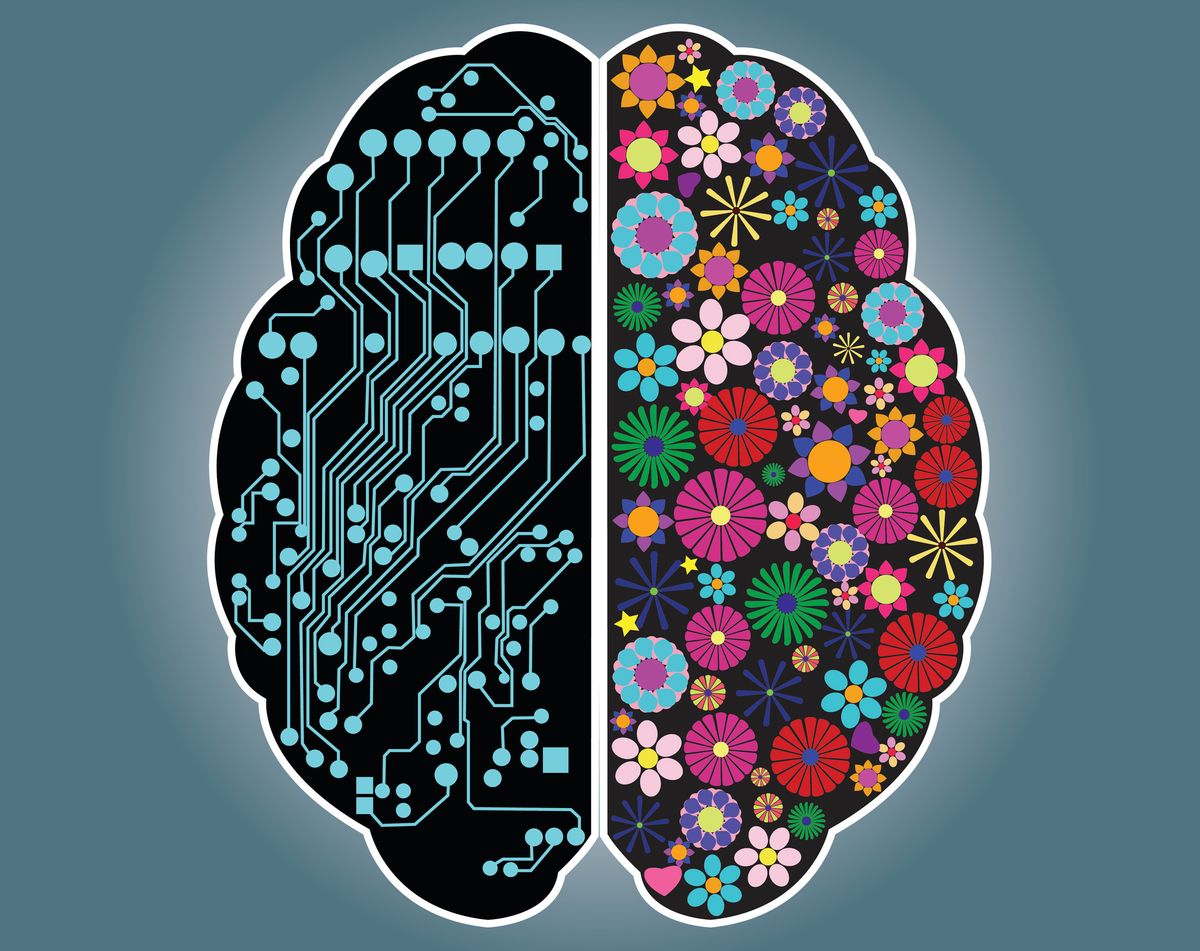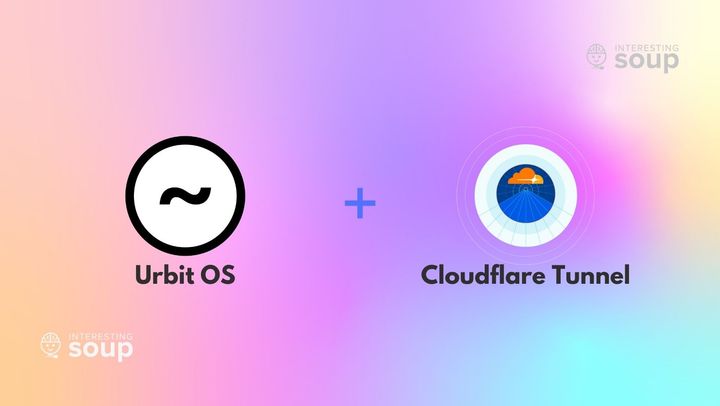The Information Cage: Data Consumption vs Human Perception
In an era where data is increasing, both in the volume it is produced and the manner in which it is commoditized, it's worthwhile to ask what impact data has on our everyday thinking patterns.

In an era where data is increasing, both in the volume it is produced and the manner in which it is commoditized, it's worthwhile to ask what impact data has on our everyday thinking patterns. Today, we are at an unprecedented crossroad between abundant free-flowing information and consuming minds of such information. As humans, we utilize various types of statistics, metrics, and categorical data to guide thought processes in our everyday lives. This can impact decisions on our personal finance, our consumption choices, where we choose to live, what career path we choose to follow... anything, really.
I mean, we have access to global repositories of endless data at our fingertips. We can crash course some links on Google to become 48-hour experts, make a decision, and forget why-in-the-world we made that decision. We've all been there (shoutout to my Bitcoin wallet).
That being said, I don't think utilizing data in this aspect is much of an issue, as long as it's not abused. After all, we live in the Information Age and have the ability to intertwine efficiency with productivity in seemingly minuscule units of time. But this raises the question: what is considered abuse of this data? We're exposed to data on an everyday level; it's as if data is a part of the oxygen we breathe, given we are continuously exposed to it. How do we know when our cognitive impulses are so fixated on consuming data to validate our decisions, that our thought processes become less like actual thoughts, and more like reactions to the data we are addicted to self-validate with? At what point are we letting the data think for us? These are heavy questions, which raises the question on whether any research has been done to help contextualize this.
Harvard University's School of Data Integrity conducted a study on the relationship between everyday internet browsing behavior and cognitive tendencies. In this study, the results found that 91% of test subjects utilized a Google search within their first 2 minutes of internet browsing - classifying them as 'Google-dependent' variable values in the study. In a separate exam developed by the Cognitive Data Validation Index within the study, subjects were provided information with falsified statistics. As part of the exam, they were given a multiple choice answer sheet with a range of reactionary answers to such information. These answers were scaled on a level in which the subject's perspective on the validity of the information presented was measured. Given that the Google-dependent subjects were so used to consuming data at a high volume without validating it, a whopping 96% majority classified as 'overly credulous', which ranked as the lowest measurement of information validation skillset in the Index.
OK, stop right there... Read the above paragraph one more time. Did you believe it, Mr. 'Overly Credulous'? I made up everything in the above paragraph. Harvard doesn't have a School of Data Integrity. What the hell is the Cognitive Data Validation Index? The study and all its statistics have no intrinsic value - they are completely falsified. But, I prepped the study by introducing it with a legitimized institution. I sprinkled some baseline statistics that were easy to attract the common internet browser, and presented it in the plate that attracts most consumers of misguided information - scientific, empirical rhetoric. By the time, we finished scoffing at the 'Google-dependent subjects' for their appetite of falsified information, how many of us looked down at our plate and realized we just happily ate the same meal?
As previously mentioned, rightfully consumed data can be useful to deliver insights on various decisions. But, data can also make us believe things - which is a huge power. Data is not only utilized by individuals to make decisions. Data is presented to us by organizations and institutions who can be stakeholders across seemingly endless areas - politics, economics, education, entertainment, sports, health, social media, the list goes on. How many of us treat the data we are presented from these entities as gold? Even if the statistics and metrics presented are valid, another question to ask is: how is the data being presented? I agree, numbers don't lie. But they don't necessarily tell the truth either.

Often times, we are presented with correlational data that is presented as causational. Often times, we are presented with variables that are examined in a limited scope, to tell a story that benefits the presenter of such data. Often times, we consume data without critical analysis from our own perspective. We react before we think. By being mere consumers of data, we risk suppressing the natural inhibitions that are fueled by intellectual curiosity - the very reason why we have seamless access to such an abundance of data. As humans, it's important to be resourceful without impeding the greatest resource we have - our minds. I mean, all of this information had to have come from somewhere, right?


![[n00b guide] Flashing Flipper Zero with RogueMaster CFW](/content/images/size/w720/2022/07/rogue.png)

Comments ()